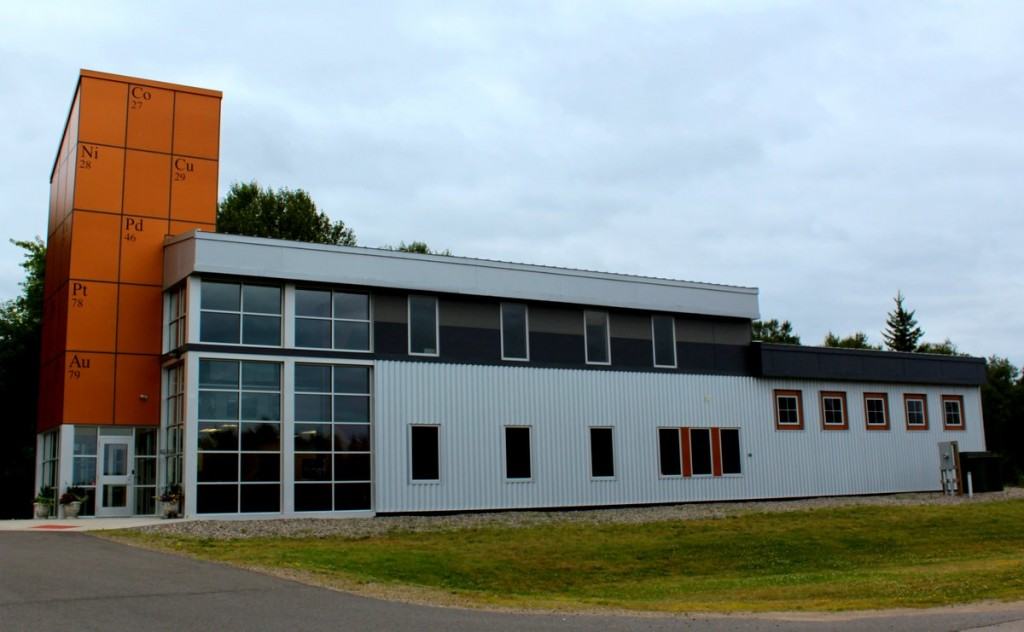
Boundary Waters advocates and an independent researcher are presenting new evidence of how a Chilean mining firm convinced U.S. federal agencies to make decisions that would bypass rigorous environmental review for the mine proposal upstream of the wilderness.
The executive director of the Friends of the Boundary Waters Wilderness, Chris Knopf, and Louis V. Galdieri, shared some of the information in a commentary published yesterday in MinnPost. They will host an online presentation on the subject tomorrow, July 8.
Galdieri is a filmmaker based in New York who has spent the past three years investigating how the Trump administration chose to reverse federal policy on the Twin Metals proposal.
In 2016, outgoing Obama officials rejected lease applications for the company, initiated a study of copper-nickel mining’s possible impacts on popular public lands, and put in place a two-year moratorium on mining applications while the government would weigh whether or not the industry even belonged in such a sensitive area.
Rapid reversal
Almost as soon as President Donald Trump took office, Chilean company Antofagasta, which owns the project, began lobbying senior officials to reverse those decisions. The CEO even bought a house in Washington, D.C. which he began renting to the president’s daughter and son-in-law before inauguration.
Federal officials soon put Twin Metals on a fast track for federal approval. The leases were renewed, the study was cancelled, and the moratorium lifted.
With almost all of those decisions cloaked in secrecy, Galdieri, who previously made a documentary film about historic issues related to copper mining in the Upper Peninsula of Michigan, has used the Freedom of Information Act (FOIA) to shine a light on the actions.
In hopes of skipping an environmental review altogether, Twin Metals sought a Categorical Exclusion. Knowing such a favor was a long shot, it then said that it would like a “limited EA” instead.
Twin Metals was on a schedule and wanted the review to be done “within the next year” in order to release its Mine Plan of Operation.
Twin Metals got what it asked for.
The mining industry has taken the reins on environmental regulations – Chris Knopf and Louis Galdieri, MinnPost, July 6, 2020
Galdieri has posted numerous documents he has received from his legal requests on his website. He has also reconstructed a detailed timeline of the events and decisions about Twin Metals, including meetings between senior officials and Antofagasta representatives.
Notable findings:
- A May 2, 2017 meeting between Antofagasta’s CEO and a high-ranking contingent from the Departments of Interior and Agriculture.
- Documentation of how, even when Secretaries Ryan Zinke and Sonny Perdue told Congress and Minnesota’s governor they supported the ongoing federal process, their departments were preparing to halt it.
- David Bernhardt, then Deputy Secretary of the Interior and now Secretary, attended the National Mining Association Board of Directors meeting. It was held at Trump International Hotel, directly benefiting the president.
- An April 2017 meeting in Chile between the CEO of Antofagasta and the U.S. ambassador.
Systemic problems
The advocates also point out that the other main copper-nickel mining proposal in Minnesota – the PolyMet project –has been similarly “cozy” with state regulators.
That project has been stalled because permits approved by the Department of Natural Resources and Minnesota Pollution Control Agency have been rejected by courts as inadequate and inaccurate. The advocates say it adds up to a system that is working for the best interests of global conglomerates, not the public and its natural resources.
“Minnesotans like to think we have the strongest environmental protections in the country, that there are safeguards in place to protect our clean water,” the pair write. “On both a federal and state level, there is ample evidence that agencies are treating Twin Metals and PolyMet as if they are clients.”
The latest Twin Metals revelations are part of a lawsuit the Friends of the Boundary Waters Wilderness and other organizations filed in federal court in May. It is challenging the federal Bureau of Land Management’s decision to renew the leases that had expired.
Last week, the federal Bureau of Land Management announced it has found Twin Metals mine proposal “complete” and is proceeding with environmental review.
“Under President Trump’s leadership and direction from the Secretary, this proposed mine may reduce the vulnerability to disruption of critical mineral supplies. If the plan of operation is approved, you can rest assured knowing that development and production of critical minerals is done in an environmentally responsible, regulatory-consistent, and economically feasible manner,” said William Perry Pendley, Deputy Director for Policy and Programs, Exercising the Authority of the Director, Bureau of Land Management.
The Minnesota DNR previously deemed the proposal “incomplete,” with more than 800 questions and comments for the company.
Attend the Online event:
Democracy Dying in the Dark: Uncovering the Secret Twin Metals – Trump Administration War on Environmental Protections.
Wednesday, July 8, 12 p.m. Central
Click here for details and registration

